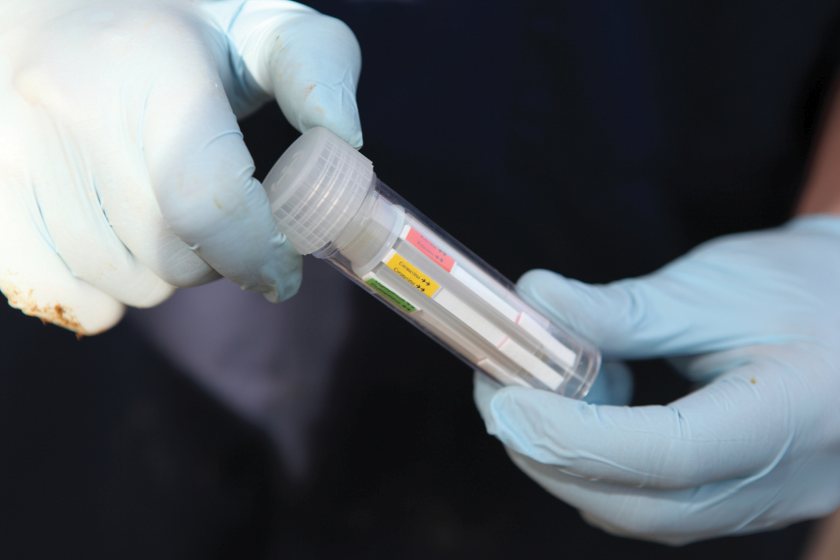Quarter of infectious calf scour cases caused by mix of organisms

Nearly a quarter of infectious calf scour cases are likely to have been caused by a mix of disease organisms widespread on UK farms, new data has found.
During a six-month period, between October 2020 and March 2021, MSD Animal Health gathered data from 112 calf rearing units across the country.
The majority (61%) of faecal samples taken from these farms returned a positive result – with 23 percent of these positive tests having mixed infections.
MSD Animal Health livestock veterinary adviser, Dr Kat Baxter-Smith said that, unfortunately, treatment for infectious calf scours can be challenging and time consuming.
But the key to better disease control lies in prevention, she said. “We know that scour continues to be a significant disease problem in young calves, particularly over the winter months.
"Indeed, scour is the main cause of death in animals under two months of age. The husbandry aim therefore, simply has to be trying to stop the disease occurring in the first place.
“Practically, this means making sure your cow colostrum is as good as it can be, in addition to ensuring good environmental hygiene and management," Dr Baxter-Smith said.
"A good first step in terms of making your calf rearing enterprise more resilient to infectious scour problems is to give your dry cows a vaccine to boost dam colostrum quality pre-calving – and then feeding enough of this fortified feed to your newborn calves.”
Calves are most at risk from infectious scours during the first 1-4 weeks of life and need a source of protection – through passive transfer of antibodies in the colostrum – to help keep them healthy.
On many units, normal colostrum may not provide enough antibodies, Dr Baxter-Smith said.
MSD Animal Health was able to examine different scour pathogen incidence due to its own disease surveillance scheme based on faecal sample test kits.
The ScourCheck kits pick up the presence of rotavirus, coronavirus, E. coli or cryptosporidium infections.
Other pathogens, such as Salmonella spp and coccidia, should also be identified by full lab analysis.








